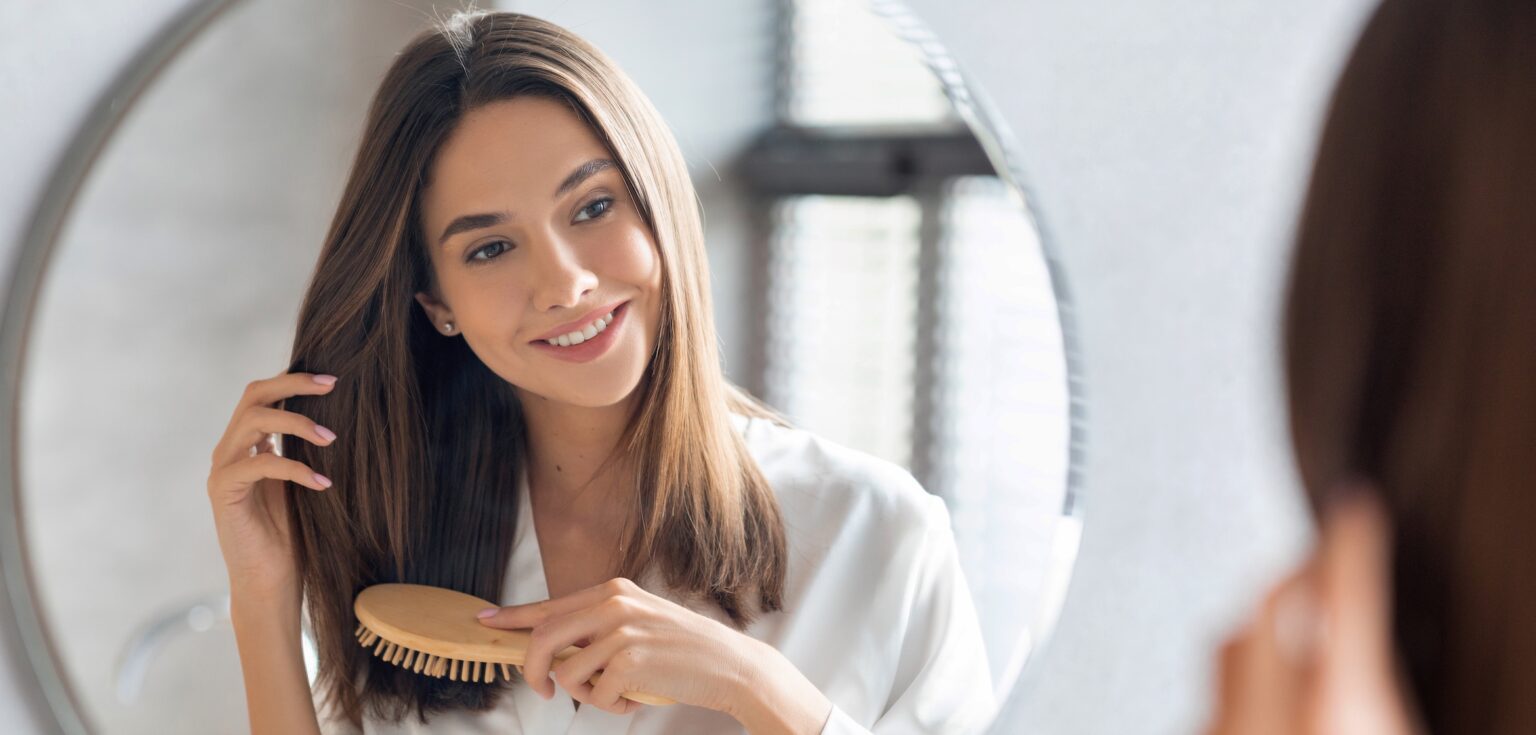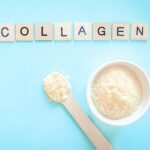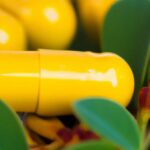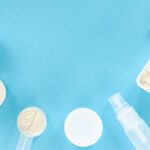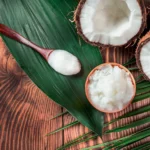Many factors can affect hair growth—such as nutrition, age, hormones, and stress. With age, our bodies produce less and less of the structural building blocks known as collagen or Biotin (vitamin B7), but these are just some of the many possible factors behind hair loss. Deficiencies in several other nutrients — including vitamin D, vitamin C, iron, and zinc — can also contribute to hair loss.
Fortunately, high-quality hair vitamins and supplements can promote hair growth and address everyday hair loss from several critical angles.
Biotin
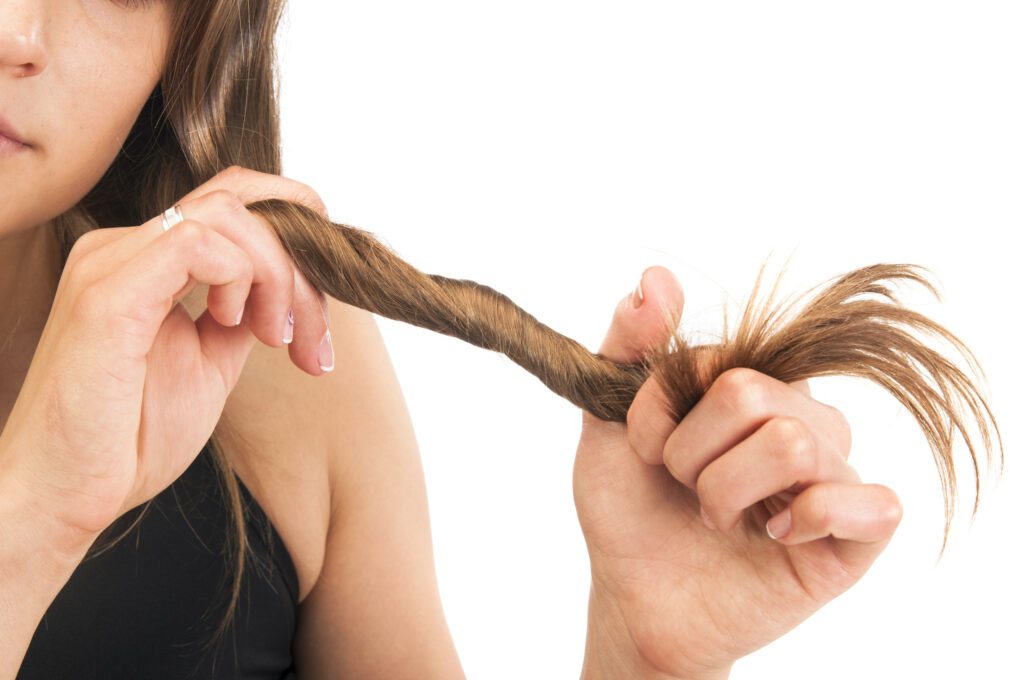

Deficiencies in essential B vitamins such as Biotin, or vitamin B7, Folate, and B12 have all contributed to hair loss. Biotin is critical for hair health as it supports the breakdown of fats, carbohydrates, and proteins in foods. Biotin deficiencies have been linked to hair, skin, and nail problems; if you have ever investigated what you could do to strengthen your nails or thicken your hair, you have most likely stumbled across biotin supplements.
People can consume biotin naturally with their diet or take a daily biotin supplement if they have a biotin deficiency. Before taking a biotin supplement, you should consult a doctor or healthcare professional and follow proper manufacturer dosing instructions.
Best Biotin Supplement: Nature Made Biotin 1000 Mcg Softgels
Collagen
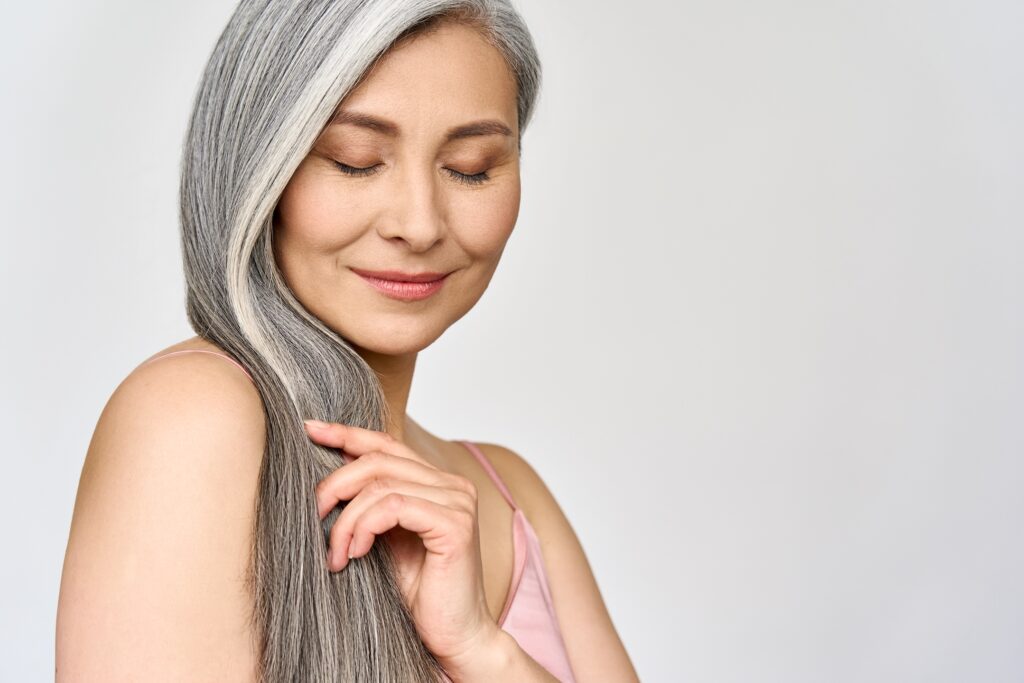

One significant cause of hair loss is the lack of collagen produced by the body as we age. When there is a reduction in collagen, the hair starts to lose its suppleness and thickness, which can include the health of the scalp.
Collagen can play a crucial function by providing the nutrients, strength, and moisture required to sustain healthy hair and promote growth. Since the collagen peptides are easier to digest, results from taking collagen supplements show up quickly as compared to other hair growth supplements.
Best Collagen Supplement:
Vitamin D
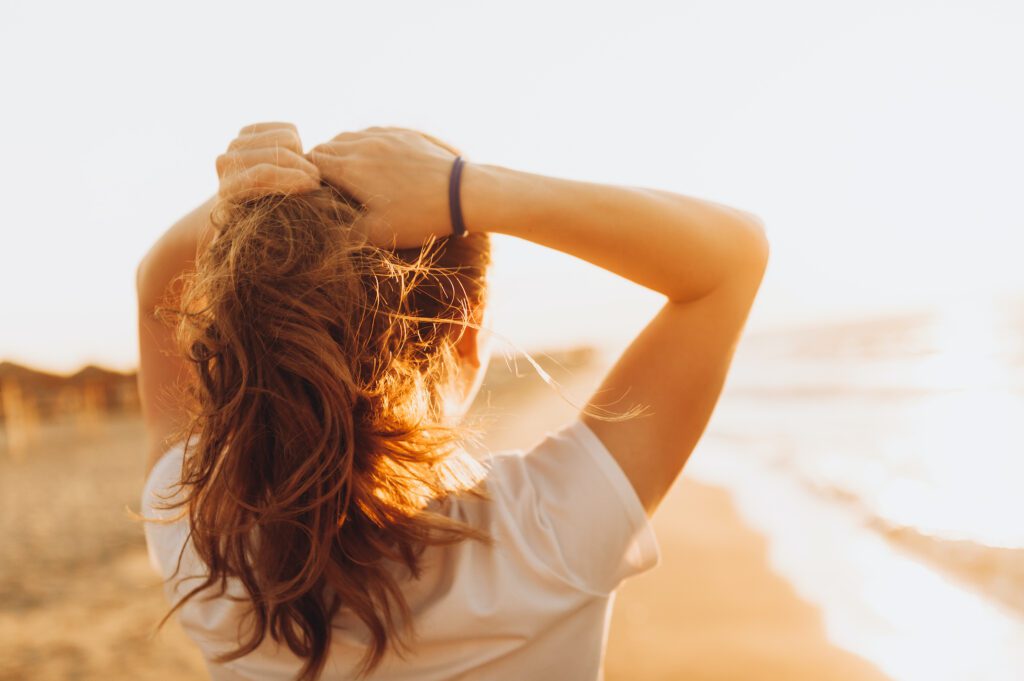

Vitamin D deficiency can be associated with hair loss, as Vitamin D is metabolized by the skin cells’ keratinocytes that process keratin, the essential protein in hair, skin, and nails. When the body does not have enough Vitamin D, hair follicles have trouble regulating hair growth and loss; recent studies have shown a direct link between Vitamin D deficiencies and alopecia.
Most people likely don’t get enough Vitamin D through diet alone, and it is generally recommended to take a supplement to ensure the daily recommended value is being consumed.
Best Vitamin D Supplement: Pure Encapsulations D3 (Vegan) Liquid
Vitamin C
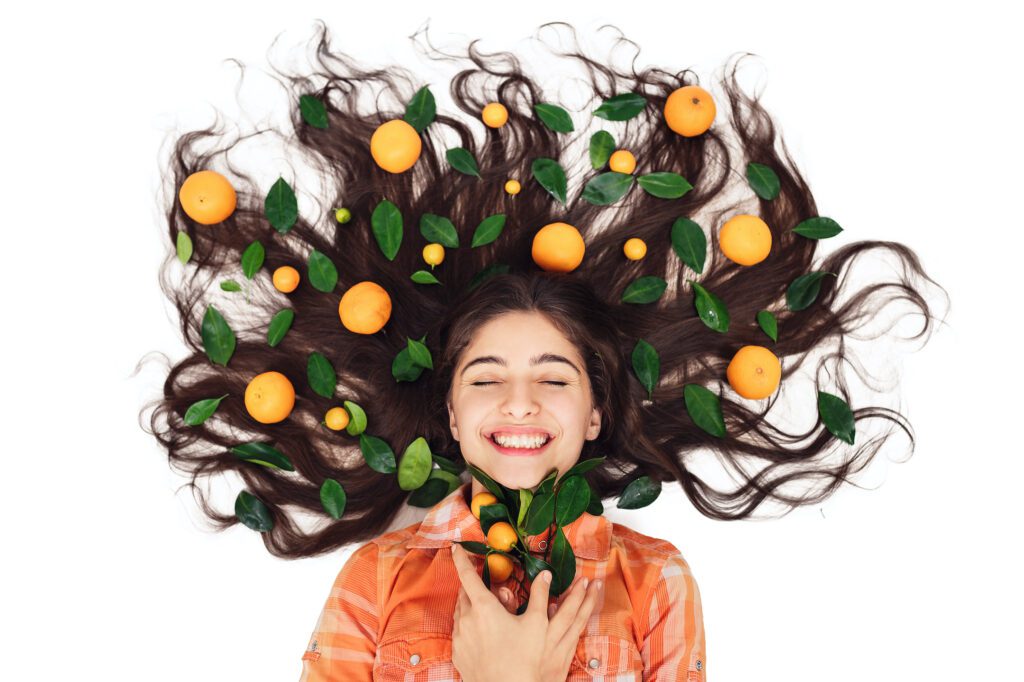

Vitamin C is a powerful antioxidant with several important roles that can impact hair health. It contributes to synthesizing collagen, which contains amino acids that can be used to build keratin — an essential part of the hair structure. It also helps protect hair from oxidative stress linked to hair loss.
Best Vitamin C Supplement: Garden of Life Vitamin C
Iron
Iron is one of the most critical minerals in the body for our health as it aids the production of red blood cells that carry the protein hemoglobin, which carries oxygen to all tissues and organs, including hair follicles. If you do not have enough iron in your body, you can develop a deficiency condition called anemia which can lead to hair loss.
As iron deficiency is considered the most common nutrient deficiency and is higher in women, a supplement can be recommended to assist with obtaining the critical mineral.
Best Iron Supplement: Nature Made Iron Tablets
Zinc
Zinc is another essential bodily mineral, contributing to immunity function, body healing, and DNA synthesis. Zinc can aid building and repair of hair tissues and the priming function of the glands around the hair follicles, ensuring slower hair loss.
Zinc is generally found in many foods, so a supplement is usually required for people on plant-based or vegan diets.
Best Zinc Supplement: Thorne Zinc Picolinate Capsules


